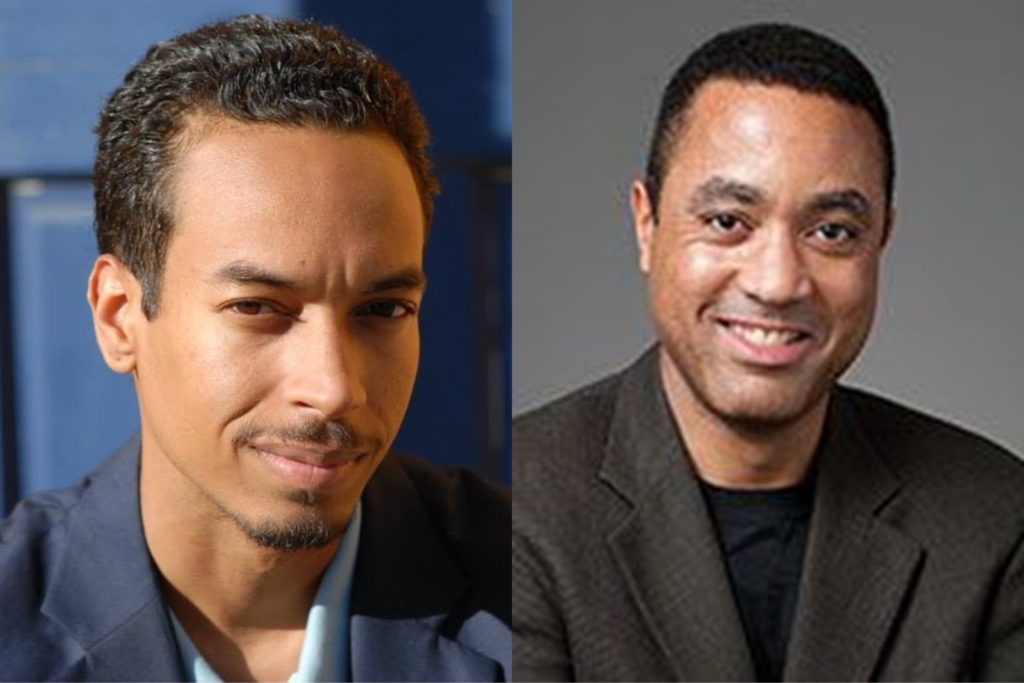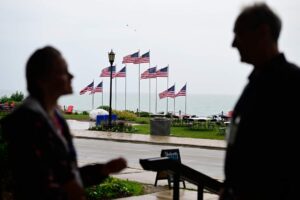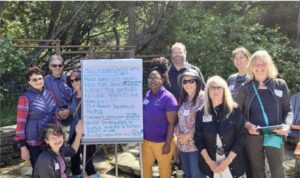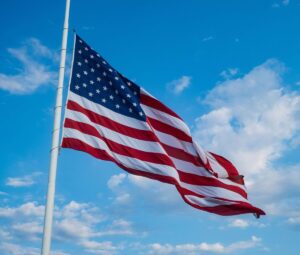John McWhorter is a professor of linguistics at Columbia University, the author of many books, a witty and passionately independent voice on the subject of American race relations.
Hear him join John Wood, Jr. of Braver Angels to compare perspectives on the traditional narratives that shape our racial conversation, the post Civil Rights era Black experience, and the ways in which the varieties of experiences in the Black community impact the dialogue on race in the United States.
(The book on the history of the Crack cocaine epidemic referenced in this conversation is called “Crack: Rock Cocaine, Street Capitalism, and the Decade of Greed” by David Farber)
Twitter: @braverangels, @JohnRWoodJr





2 thoughts on “Balance & Perspective on Race | John McWhorter and John Wood Jr.”
As a sociologist, I would ask you to consider the culture of poverty and the concept of a lack of social capital as the root of our nation’s poor (not just people of color) population’s problems. This does not dismiss racism. I do believe that the culture of poverty and lack of social capital trumps all other problems.
On the other point your guest brought up, the idea that drugs should be decriminalized is a bad mistake that our nation made late in the 19th and early 20th century. The reason hard drugs were criminalized is because of the death rate. Take a look at that. The answer is not legalizing drugs. The legalization of marijuana is turning out to be a bad idea.
Having listened to and read quite a bit of JM’s work, I will say that he’s begun to crack open my anti-racist ideology a little bit, though I do still have some major points of disagreement. In this podcast, I appreciated hearing JM explicitly reject the “bootstraps” rhetoric that he sometimes seems to concur with when in dialogue with Glenn Loury. I also appreciated JW’s recognition of the problem with a system in which only a handful of exceptional people are able to overcome adversity.
Questions for JM maybe for next time: What happened in Indianapolis after 1979? (It sounds like his research may have ended in 1979). Did factory closures in the 1980s play a role in increased poverty and crime and the prevalence of what he calls “corner men?” And what doe he see in the history of other cities — did the explosion of black poverty precede or follow factory closures?
Also, could you delve more into JM’s assertion that police shootings have nothing to do with racism? Specifically, what does he think the reason is that unarmed black suspects are 3.6 times more likely to be shot than unarmed white suspects? (https://jjie.org/2021/02/11/police-shooting-statistics-of-unarmed-suspects-show-the-young-more-likely-to-be-killed/). I’ve heard JM say that black people get shot more often by police b/c they commit more crime. The apples-to-apples statisitic I just cited makes me think that racism is at play and I’d like to hear JM’s thoughts on this.